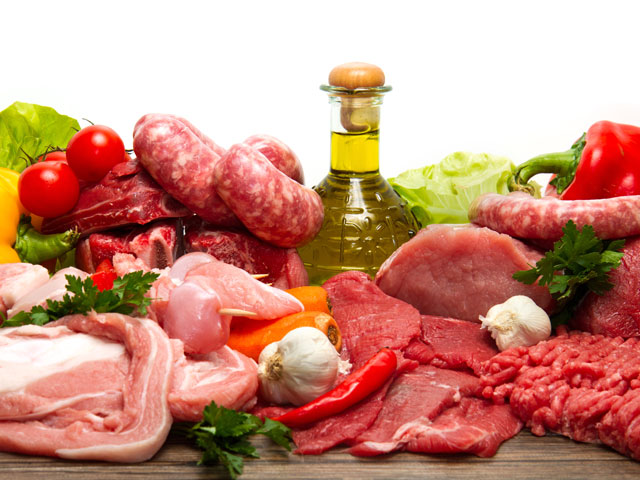Quotes from Quality Assurance Magazine, December 22, 2023
The latest assessment from the UN Environment Programme centers on three categories of meat and dairy substitutes: innovative plant-based meats, cultured meat produced from animal cells, and protein-rich products obtained through fast fermentation by microorganisms.
In the effort to reduce the environmental impact of the global food system, the introduction of emerging alternatives to animal products, including meat and dairy, can play a crucial role. This is particularly relevant in high- and middle-income countries, as long as these alternatives are manufactured using low-carbon energy sources.
According to a recent assessment by the UN Environment Programme (UNEP), it has been found that new alternatives to animal agriculture, which is responsible for a significant portion of greenhouse gas emissions, have emerged as a key solution. This finding is crucial considering that meat consumption is projected to increase by 50% by 2050.
The assessment primarily centers around three types of alternative options to conventional animal products, specifically novel plant-based meats, cultivated meat from animal cells, and protein-rich products derived through rapid fermentation by microorganisms. UNEP’s Frontiers series, of which this event is a part, aims to identify and bring awareness to emerging environmental issues.
** To access the complete text, please click here **










